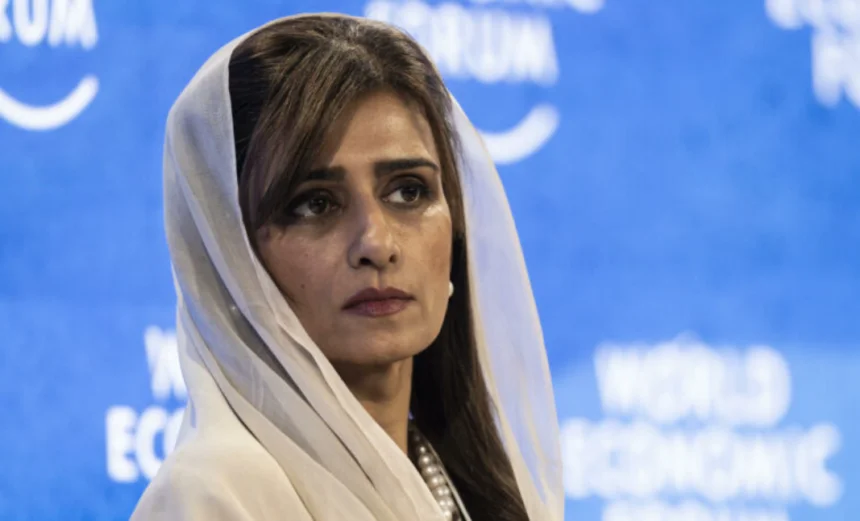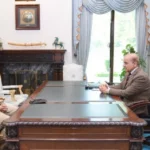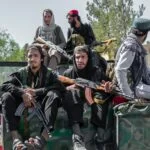On November 29 (Tuesday), Minister of State for Foreign Affairs Hina Rabbani Khar will accompany a team to Kabul for a daylong visit to have political talks with the temporary Afghan Taliban government.
The Foreign Office said in a statement on Monday that topics about regional security as well as bilateral relations, including collaboration in the fields of education, commerce, and investment, regional connectivity, people-to-people connections, and bilateral relations, will be discussed.
Additionally, the state minister will restate Pakistan’s ongoing commitment to and support all initiatives aimed at advancing prosperity and peace in Afghanistan.
In the communiqué, it was stated that Pakistan would “reaffirm its abiding solidarity with the people of Afghanistan as a friend and neighbour, particularly through its efforts to ease the humanitarian crisis there and to create real opportunities for the economic prosperity of Afghan men, women, and children.”
In an unusual move earlier this month, Pakistan provided a damning assessment of the 16 months the Afghan Taliban regime had been in power, claiming that the interim government had done little to establish an inclusive government, defend the rights of women, and eradicate terrorist organisations.
Pakistan cites the lack of development as evidence that Afghanistan has not received the crucial help needed to address the current humanitarian and economic crises and other issues.
At a gathering of Afghanistan’s neighbours and others on November 16 in Moscow, Ambassador Muhammad Sadiq, Pakistan’s special representative for Afghanistan, offered his views.
Russia, Kazakhstan, Tajikistan, Iran, Pakistan, China, Turkmenistan, India, Kyrgyzstan, and Uzbekistan participated in the fourth meeting of the Moscow Forma as Special Representatives/Envoys on Afghanistan.
In his speech, Ambassador Sadiq expressed Pakistan’s dissatisfaction with the sluggish progress on several topics by taking an unusually harsh stance towards the Afghan Taliban government.
“Pakistan firmly believes that a regional solution to the Afghan crisis should take priority. By bringing together the countries in the region for a process of real dialogue and engagement on Afghanistan, we think the Moscow Format achieves this goal,” he added.












